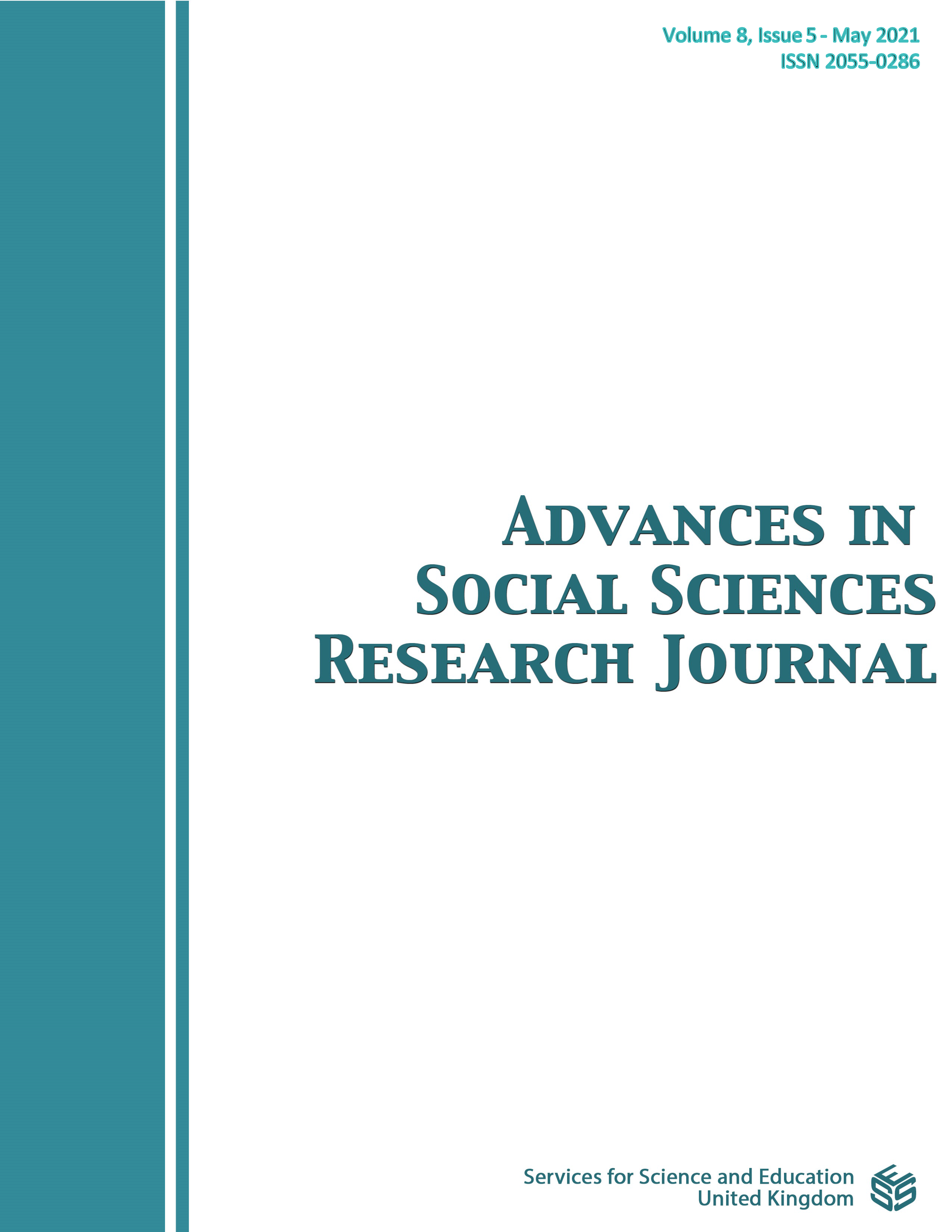Basic Education Concerns Under the Double Alleviation Policy and Countermeasures: A Case Study of Taizhou City in China
DOI:
https://doi.org/10.14738/assrj.99.13058Keywords:
Double Alleviation Policy; Basic education; High-quality development; StrategyAbstract
When the Double Alleviation policy was issued, the People’s Republic of China Law on Family Education Promotion was also released. The author identifies three significant problems in primary and secondary education using the questionnaire survey: the anxiety of students, parents and teachers; the unbalanced distribution of quality educational resources; and the lack of innovative power in school education management. In this regard, it proposes to build a new system of shared governance among stakeholders through multi-party efforts, develop a systematic plan to promote the balanced development of high-quality educational resources and improve the mechanism to broaden the channels for teacher professional development in primary and secondary education. At the same time, it proposes to integrate resources for increased instructions of comprehensive courses and integrate the social welfare services of universities with the primary and secondary education off-campus activity platforms.
Downloads
Published
How to Cite
Issue
Section
License
Copyright (c) 2022 Yanyan Yu

This work is licensed under a Creative Commons Attribution 4.0 International License.
Authors wishing to include figures, tables, or text passages that have already been published elsewhere are required to obtain permission from the copyright owner(s) for both the print and online format and to include evidence that such permission has been granted when submitting their papers. Any material received without such evidence will be assumed to originate from the authors.






